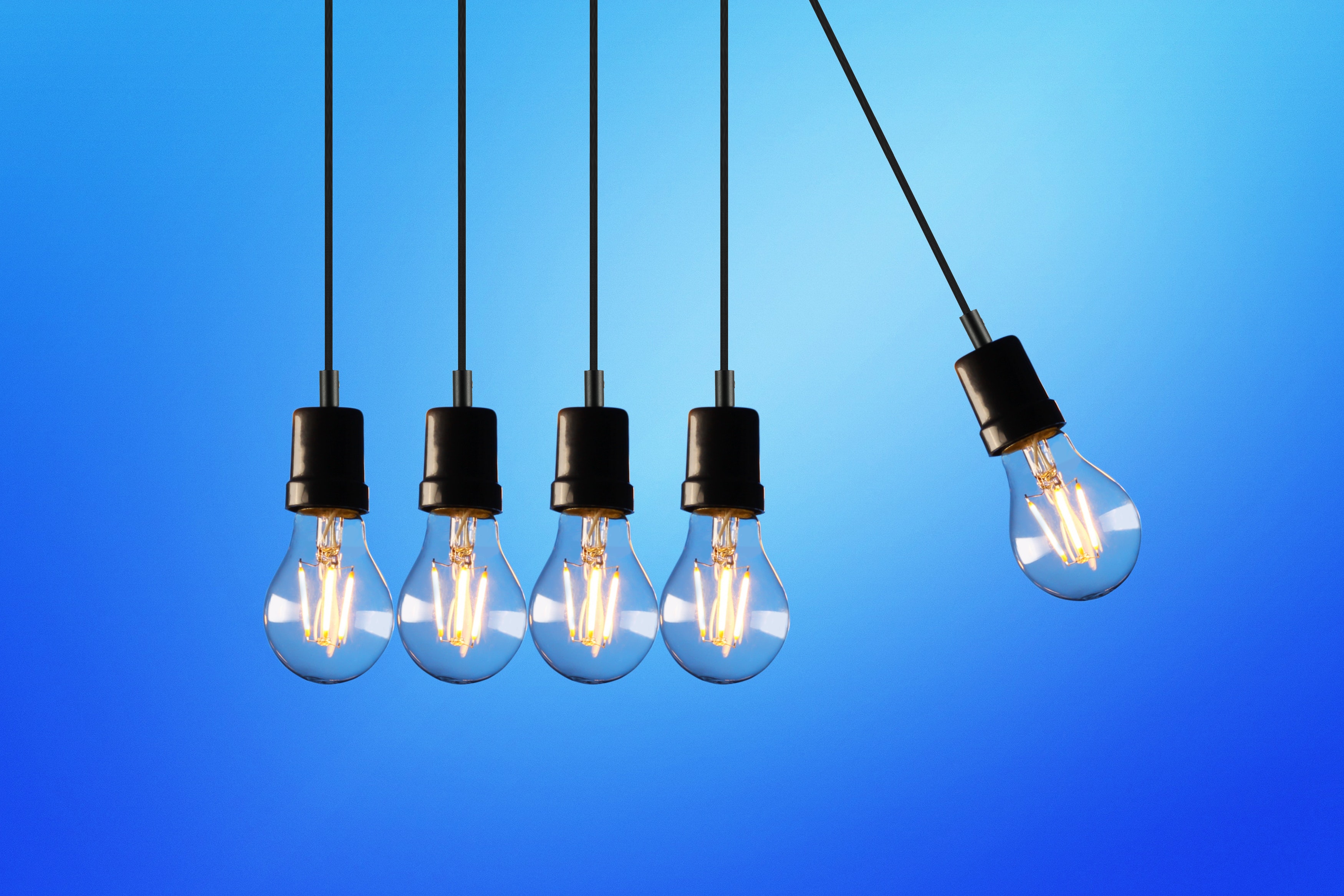Posted: 15 June 2022
A strategic action for energy

Nearly 760 million people are still without electricity and 2.6 billion lack clean fuels and technologies for cooking. COP26 in 2021, the IPPC reports, as well as the pandemic and especially now the Ukrainian crisis, have exerted a new sense of urgency, making it clear how the two challenges of energy access and energy transition are closely linked with the climate challenge and international security.
On September 24, 2021, U.N. Secretary-General António Guterres convened, under the help of the General Assembly and in collaboration with UN-Energy, the sole U.N. mechanism for promoting action on energy issues, what was called the High-Level Dialogue on Energy. This event, which brought together more than 130 global leaders, international organizations, businesses and civil society representatives, was the first meeting at the United Nations in more than 40 years devoted exclusively to energy issues. The Dialogue represented a historic opportunity to accelerate the action on energy needed to achieve Sustainable Development Goal 7 (SDG 7-ensuring access to clean, reliable and sustainable energy for all) contained in the United Nations 2030 Agenda for Sustainable Development and the obligations imposed by the Paris Treaty.
The Dialogue had two main outcomes. The first, is a global roadmap (Global Roadmap) with recommended actions and milestones to accelerate the achievement of SDG7 by 2030, in support of the 2030 Agenda and the Paris Agreement, while contributing to the goal of net zero emissions by 2050. The second, are voluntary commitments by member states and other stakeholders in the form of "Energy Compacts" needed to implement the Roadmap and SDG 7, i.e., specific and traceable public actions and financial commitments needed to advance the energy and climate challenge.
To date, more than 200 Energy Compacts have already been submitted, by governments and non-state actors, such as corporations, regional and local governments, and NGOs, with the investment of more than $600 billion. The commitments of the Energy Compacts translate into actions in various areas: from access to electricity, clean cooking solutions, increasing capacity and investment in renewable energy, improving energy efficiency, phasing out fossil fuel subsidies, ending the financing of new coal-fired power plants, and creating new green jobs. Stakeholders, private sector and member states, must follow a six-step approach to participate in Energy Compacts. The first phase is to participate in workshops to develop actions and commitments. The second phase is official registration. The third phase is to launch and present commitment. the fourth is the actual implementation and the fifth is monitoring, and finally the sixth is the improvement actions.
On May 4, 2022, UN-Energy held another important meeting under the name, "Transforming Commitments into Action: Delivering on the Outcomes of the High-Level Dialogue" ("Transforming Commitments into Action: Delivering on the Outcomes of the High-Level Dialogue on Energy"). On this occasion there was the launch of the Energy Action Plan towards 2025 and 2030 and the Energy Compact Action Network. The Energy Compact Action Network is thus the unique, global, multi-stakeholder platform for facilitating meetings, supporting strategic alliances and collaborations, developing specific knowledge, promoting best practices, and enabling the implementation of Energy Compact commitments.
In particular, the network allows supply and demand to meet. That is, if, for example, one country requires a certain amount of funding to initiate an electricity grid extension project, while another country or international financial institution may have a program that offers funding for grid modernization, the Energy Compact Action Network seeks to match these two partners and draw on additional resources and knowledge among members to collaborate on the success of the project. On May 4th, the Network launch saw the announcement of several coalitions. A few are mentioned below. Sustainable Energy for All, UNDP, and Husk Power Systems are among the partners that announced they would respond to Nigeria's call for support to achieve the Energy Compact's commitment to bring electricity to 25 million people by 2023 using solar home systems and create 250,000 new jobs.
The government of the metropolitan region of Santiago, Chile, and the multinational energy company Enel, have announced that they will collaborate through an Energy Compact to end-use electricity for transportation and heating, moving away from the most polluting fuels, and to increase the share of solar energy. From the governments of Canada and Kenya, and some NGOs, a work plan has been launched to strengthen the role of women toward an equitable and inclusive energy transition. This plan aims to accelerate action to give women equal opportunities to lead, participate in, and benefit from the energy transition and equal access to and control over sustainable energy products and services. The government of Namibia and multinational Acciona Energia announced that they have joined a coalition of governments, businesses, and others to develop green hydrogen as a renewable energy source.
The energy sector, dominated by fossil fuels, is responsible for nearly three-quarters of human-caused greenhouse gas emissions. It is clear that energy is the decisive factor in achieving the goals of the 2030 Agenda for Sustainable Development and the Paris Agreement to halve global emissions by 2030, achieve net zero in 2050, limit global temperature rise to 1.5°C, and ensure a more equitable and affordable future for the world's population.